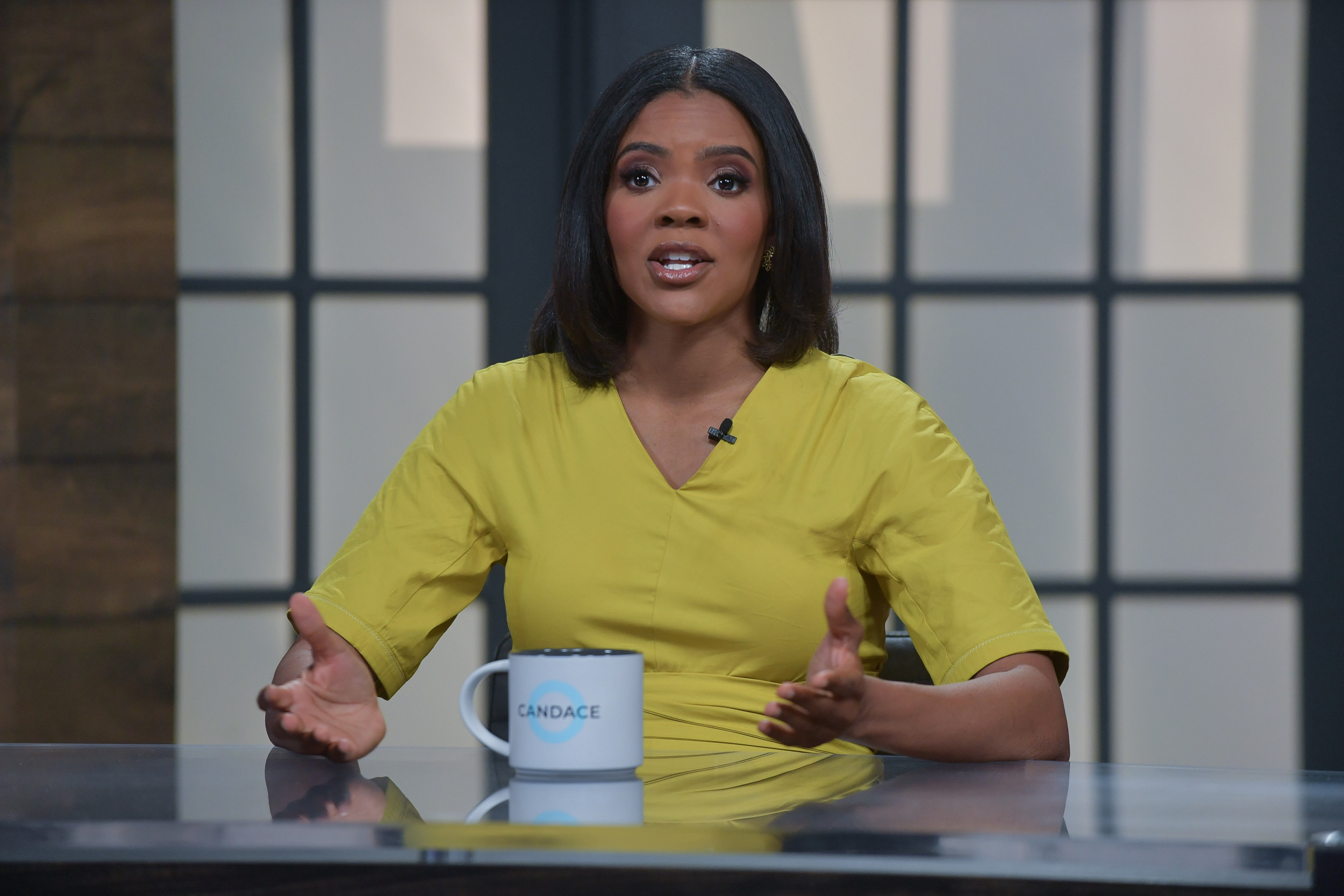Owens’ Stance on Fairness in Sports
In a recent broadcast, Owens voiced her strong opinion on the issue, claiming that allowing transgender women to compete in female categories gives them an unfair advantage. She stated:

“Lia Thomas should be banned from competing in women’s sports. It’s simply not fair. Biological males, even after transitioning, retain physical advantages over women, and it’s crucial that we protect the integrity of women’s sports.”
Watch live sports online
Owens’ remarks come after Thomas’s controversial victory in the 500-yard freestyle at the 2022 NCAA Championships, where she became the first openly transgender woman to win an NCAA Division I national title in any sport. While Thomas’s victory was celebrated by many for breaking barriers, it sparked heated debates about competitive fairness, especially among female athletes who questioned the advantage that transgender women may have due to physical characteristics like size and muscle mass.
The Broader Debate
Owens’ call to ban Thomas from women’s sports is part of a larger ongoing discussion about the inclusion of transgender athletes in competitive sports. Critics, like Owens, argue that the inclusion of transgender women, particularly those who have transitioned from male to female, can create an unlevel playing field. They point to physical differences such as bone density, muscle mass, and cardiovascular capabilities, which may not be fully mitigated by hormone replacement therapy.
On the other hand, supporters of transgender athletes’ rights to compete in the gender with which they identify argue that inclusion is essential for equality and human dignity. Many believe that excluding transgender women from women’s sports is discriminatory and harmful to their mental and emotional well-being.
Impact on Women’s Sports
Owens also addressed the broader implications for female athletes in her commentary. She emphasized that allowing transgender women to compete in women’s sports could discourage young female athletes from pursuing their goals.
“We are sending the wrong message to young girls who work hard to compete at the highest levels,” she said. “What we’re telling them is that no matter how much they train, someone who was biologically male could come into their category and win with relative ease.”
This argument reflects concerns that women’s sports could be dominated by athletes with male biological advantages, potentially sidelining the hard-earned achievements of cisgender women in sports.
Public Response and Reactions
The public response to Owens’ comments has been divisive. Supporters of her position argue that the fairness of women’s competitions must be prioritized, and many have rallied behind Owens’ call to enforce stricter guidelines for transgender athletes.
- “Candace Owens is absolutely right. We can’t let this unfair advantage continue to ruin women’s sports.”
- “This isn’t about being against transgender people, it’s about fairness in competition. Women’s sports should be for women.”
However, critics have condemned Owens for being transphobic and for not fully understanding the complexities of transgender issues. They argue that policies and regulations should be implemented to ensure fair competition without outright banning transgender athletes.
- “This is a harsh and unfair stance. Transgender people should be allowed to compete in the sports they identify with. We need policies, not bans.”
What’s Next?
The debate is likely to continue as more high-profile cases of transgender athletes in sports arise. Advocates for transgender rights are calling for policies that ensure inclusion without compromising fairness. Meanwhile, critics like Owens are pushing for stricter regulations that would limit or ban transgender women from competing in women’s categories.
The conversation surrounding transgender athletes in sports remains complex and emotional, with many arguing that both fairness and inclusion must be balanced carefully. As this issue evolves, it will be crucial for sports organizations, lawmakers, and society at large to find solutions that address the concerns of all parties involved.
Closing Thoughts
Candace Owens’ demand to ban Lia Thomas from women’s sports highlights a growing divide in the debate about transgender athletes’ rights and fairness in competition. While her position resonates with those concerned about the integrity of female sports, it also raises important questions about how to ensure equality for all athletes. As the conversation continues, the challenge will be finding common ground that respects both the rights of transgender individuals and the need for fair competition.


